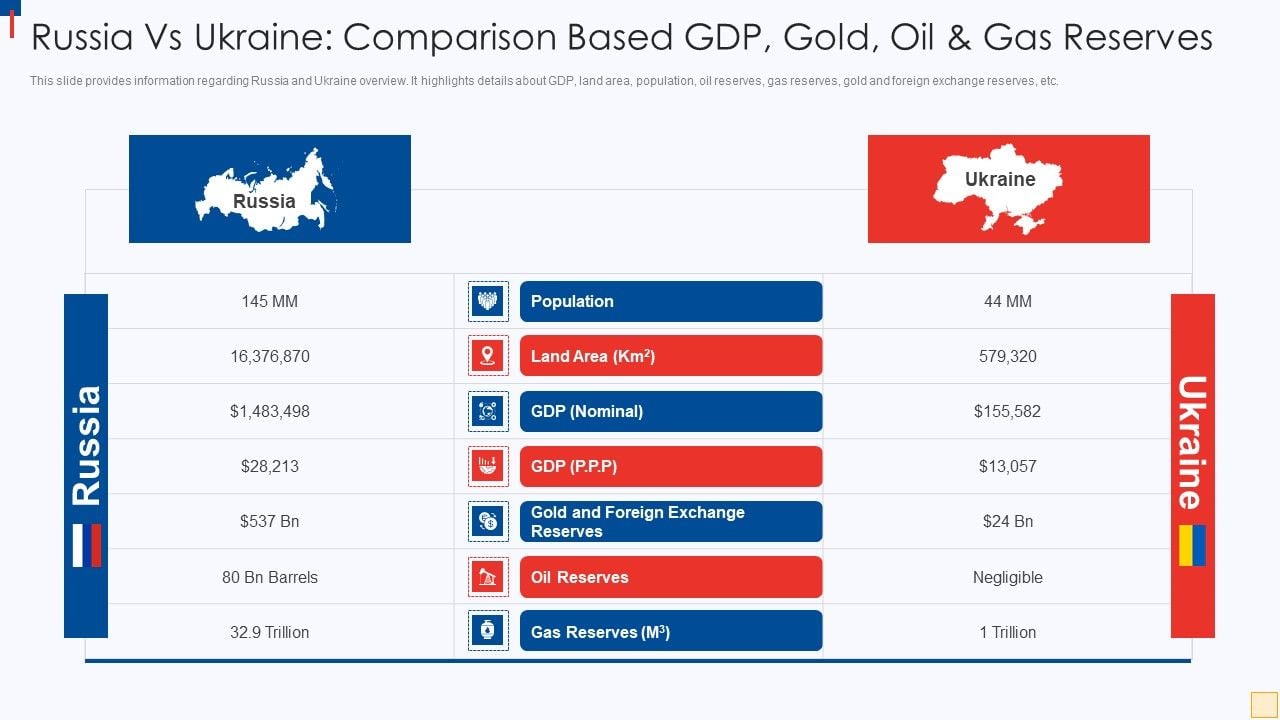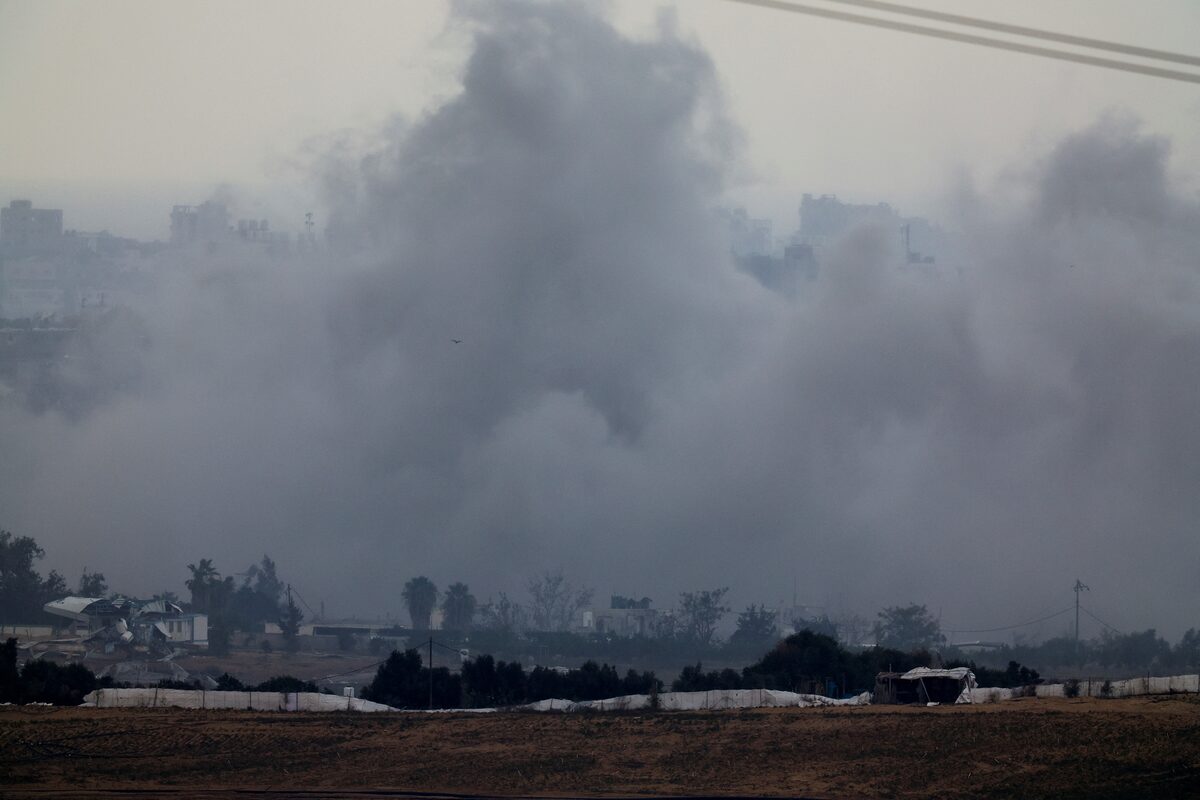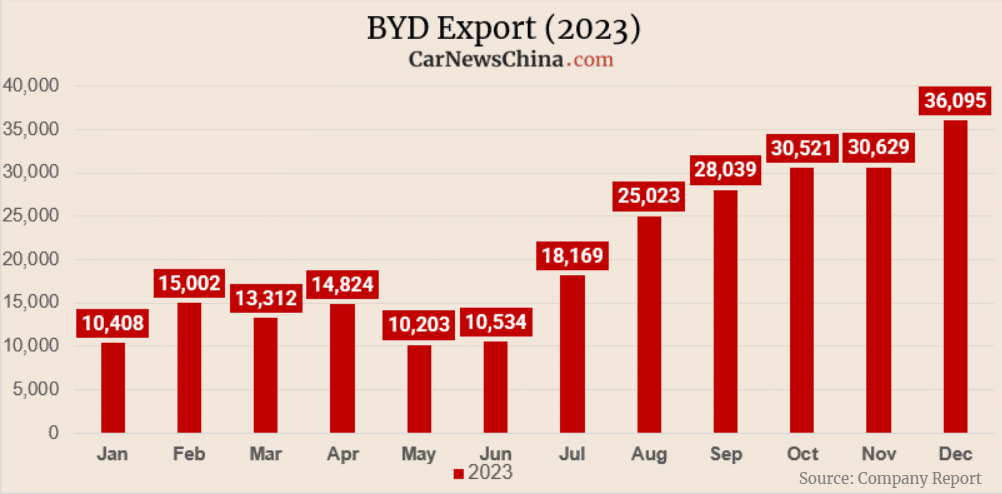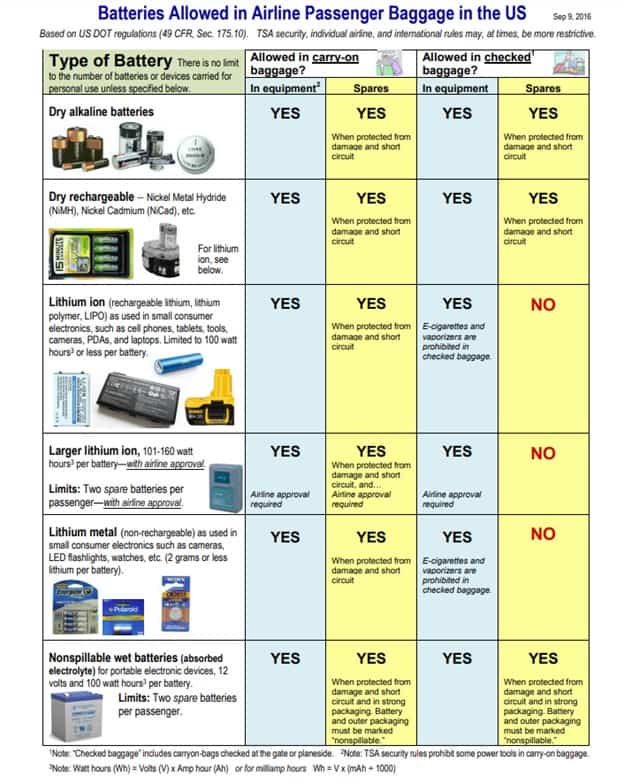Ukraine And Russia: Examining Trump's Influence On The Transatlantic Response

Table of Contents
Trump's Pre-Invasion Policies and Their Impact
Embracing Putin and Questioning NATO
Trump's presidency was marked by an unusually close relationship with Vladimir Putin, frequently praised by Trump despite widespread concerns about Russian authoritarianism and human rights abuses. This approach extended to questioning the fundamental value of NATO, a cornerstone of transatlantic security.
- Examples of Trump's rhetoric: Public statements expressing admiration for Putin's strength, downplaying Russian aggression, and suggesting the possibility of Russia rejoining the G7.
- Meetings with Putin: The Helsinki Summit in 2018, where Trump sided with Putin over US intelligence agencies on Russian interference in the 2016 election, severely damaged transatlantic trust.
- Policy decisions: Trump's consistent questioning of US financial commitments to NATO, coupled with his reluctance to publicly condemn Russian actions, weakened the alliance's cohesion and resolve. This fostered uncertainty among allies regarding America's commitment to collective defense. The impact on transatlantic trust and cooperation was significant, creating cracks in the unified front crucial for deterring Russian aggression.
Withdrawal of US Support for Ukraine
The Trump administration's approach toward Ukraine was characterized by a lack of consistent support, undermining Ukraine's efforts to defend itself against Russian encroachment.
- Reduced aid: Reports of delays and reductions in military aid to Ukraine, coupled with a perceived lack of urgency in countering Russian influence, hampered Ukraine's ability to build its defense capabilities.
- Delayed sanctions: Reluctance to impose timely and effective sanctions against Russia for its annexation of Crimea and its destabilization of eastern Ukraine emboldened further Russian aggression.
- Weakening of diplomatic efforts: A perceived lack of strong diplomatic pressure from the Trump administration on Russia regarding its actions in Ukraine contributed to a sense of vulnerability and emboldened Putin. These actions significantly weakened Ukraine's defense capabilities and overall resilience against Russian aggression.
The Impact of Trump's Rhetoric on European Allies
Erosion of Transatlantic Unity
Trump's rhetoric and actions created significant divisions within NATO and the EU regarding the appropriate response to Russian aggression. His unpredictable behavior and questioning of established alliances fostered uncertainty and hampered coordinated action.
- Disagreements among allies: Differing opinions on the severity of the threat from Russia, coupled with uncertainty about US commitment, led to disagreements on the level and type of sanctions to impose, as well as the extent of military assistance to provide to Ukraine.
- Impact on collective action: The divisions sown by Trump's actions made it significantly harder to coordinate effective collective action against Russia, potentially emboldening further Russian aggression. This lack of unified action undermined the deterrence effect of the transatlantic alliance.
Rise of Euroscepticism and Nationalism
Trump's populist rhetoric and attacks on multilateral institutions resonated with Eurosceptic and nationalist movements across Europe. This fueled a rise in anti-EU sentiment and contributed to a climate of uncertainty and division, affecting the ability of European nations to present a united front against Russia.
- Hesitation in supporting Ukraine: Several European countries, influenced by rising nationalism and skepticism toward international cooperation, showed hesitation or reluctance in supporting strong sanctions or military aid to Ukraine, weakening the overall transatlantic response.
- Long-term implications: The rise of Euroscepticism and nationalism poses a long-term threat to European security and the transatlantic alliance, undermining the collective ability to respond effectively to future threats.
Alternative Perspectives and Counterarguments
Arguments for a More Pragmatic Approach
Some argue that Trump's approach, while controversial, prioritized a more pragmatic approach, aiming to avoid direct military confrontation and seeking diplomatic solutions.
- Potential benefits of a cautious approach: Avoiding escalation of the conflict was a stated goal, preventing a potential wider war in Europe. However, this approach arguably failed to deter Russian aggression.
- Shortcomings in the face of aggression: Evidence shows that a policy of appeasement towards Russia, as some interpret Trump's approach, is ineffective in the face of determined aggression. The annexation of Crimea and the invasion of Ukraine demonstrate the failure of such strategies.
Assessing the Role of Domestic Politics
Trump's foreign policy decisions were significantly influenced by domestic political considerations. His desire to appeal to his base and fulfill campaign promises potentially overshadowed strategic considerations.
- Trump's base and campaign promises: Trump's rhetoric on NATO and Russia resonated with segments of his electorate who were skeptical of international alliances and favored a more isolationist approach.
- Partisan divisions: The deep partisan divisions within the US further complicated the transatlantic response, as Trump's actions were often met with resistance from the opposition party. This domestic political landscape undoubtedly impacted the transatlantic response to the Ukrainian crisis.
Conclusion
Trump's influence on the Transatlantic response to Ukraine and Russia was profound and multifaceted. His actions, characterized by a close relationship with Putin, questioning of NATO's value, and a lack of consistent support for Ukraine, significantly weakened the transatlantic alliance's ability to present a unified front against Russian aggression. While some might argue for certain pragmatic aspects of his approach, the overall effect was a decline in transatlantic unity and an emboldening of Russia. Understanding Trump's influence on the Transatlantic response to Ukraine and Russia is crucial for comprehending the current geopolitical landscape and for navigating future challenges to transatlantic security. Further research into the specific policy decisions and their consequences, as well as a deeper analysis of the impact on different European nations, is strongly encouraged. Understanding this crucial aspect of the ongoing crisis is vital for shaping a more effective and unified response in the future.

Featured Posts
-
 The Impact Of Salman Khans R2 Crore Movie A Career Ending Flop
May 13, 2025
The Impact Of Salman Khans R2 Crore Movie A Career Ending Flop
May 13, 2025 -
 The Ongoing Gaza Hostage Situation The Unending Nightmare For Families
May 13, 2025
The Ongoing Gaza Hostage Situation The Unending Nightmare For Families
May 13, 2025 -
 Hope Diminishes As Gaza Hostage Crisis Persists
May 13, 2025
Hope Diminishes As Gaza Hostage Crisis Persists
May 13, 2025 -
 Budget Bill Revives Republican Effort To Reform Pharmaceutical Middlemen
May 13, 2025
Budget Bill Revives Republican Effort To Reform Pharmaceutical Middlemen
May 13, 2025 -
 Byd Targets 50 International Car Sales By 2030
May 13, 2025
Byd Targets 50 International Car Sales By 2030
May 13, 2025
Latest Posts
-
 Walmart Issues Nationwide Recall Of Orvs Oysters And Electric Scooters
May 14, 2025
Walmart Issues Nationwide Recall Of Orvs Oysters And Electric Scooters
May 14, 2025 -
 Cpsc And Walmart Recall Unstable Baby Dressers Nationwide
May 14, 2025
Cpsc And Walmart Recall Unstable Baby Dressers Nationwide
May 14, 2025 -
 14 Great Value Brand Recalls What You Need To Know About Walmart Products
May 14, 2025
14 Great Value Brand Recalls What You Need To Know About Walmart Products
May 14, 2025 -
 Walmart Recalls Electric Ride On Toys And Portable Phone Chargers
May 14, 2025
Walmart Recalls Electric Ride On Toys And Portable Phone Chargers
May 14, 2025 -
 Walmart Recalls Nationwide Alert For Orvs Oysters And Electric Scooters
May 14, 2025
Walmart Recalls Nationwide Alert For Orvs Oysters And Electric Scooters
May 14, 2025
